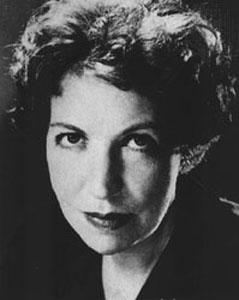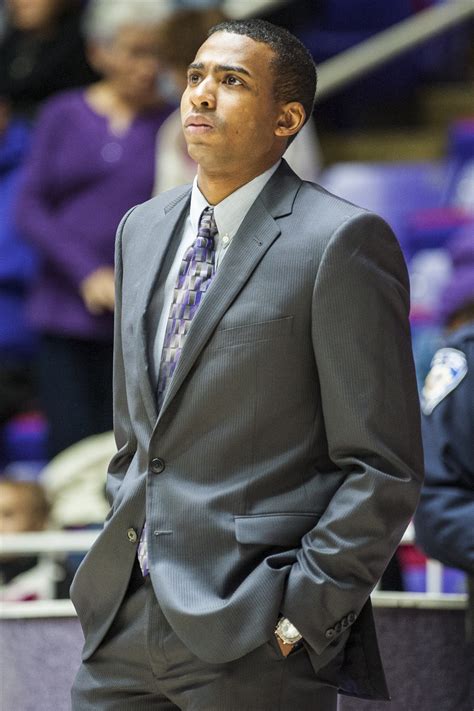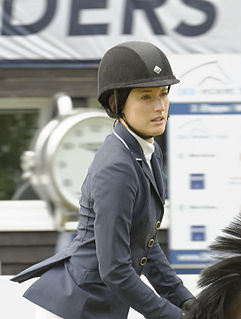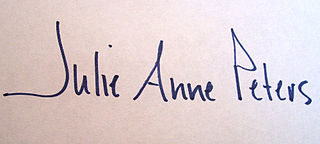A Quote by Henry Miller
From the little reading I had done I had observed that the men who were most in life, who were molding life, who were life itself, ate little, slept little, owned little or nothing. They had no illusions about duty, or the perpetuation of their kith and kin, or the preservation of the State. They were interested in truth and in truth alone. They recognized only one kind of activity - creation.
Related Quotes
My life was typical. I played a little Little League baseball. I never wanted for food. I always had shoes. I had a room. There were no great tragedies. There were the typical ups and downs but I wouldn' t say it was at all sad. We were Jewish and living in the suburbs so there was a slightly neurotic bent to it, but I can't point to anything where a boy overcame a tragedy to become a comedian. As my grandmother used to say, 'I can't complain.
Can any rational person believe that the Bible is anything but a human document? We now know pretty well where the various books came from, and about when they were written. We know that they were written by human beings who had no knowledge of science, little knowledge of life, and were influenced by the barbarous morality of primitive times, and were grossly ignorant of most things that men know today.
Sybil's female forebears had valiantly backed up their husbands as distant embassies were besieged, had given birth on a camel or in the shade of a stricken elephant, had handed around the little gold chocolates while trolls were trying to break into the compound, or had merely stayed at home and nursed such bits of husbands and sons as made it back from endless little wars. The result was a species of woman who, when duty called, turned into solid steel.
I didn't like what was on TV in terms of sitcoms?it had nothing to do with the color of them?I just didn't like any of them. I saw little kids, let's say 6 or 7 years old, white kids, black kids. And the way they were addressing the father or the mother, the writers had turned things around, so the little children were smarter than the parent or the caregiver. They were just not funny to me. I felt that it was manipulative and the audience was looking at something that had no responsibility to the family.
We have some goats, some chickens, and we used to have pigs. There used to be two ostriches as well, but they were a little bit violent, so we had to give them away. When we were little, we used to play with the goats all the time. We each had our own little goat, and we'd go and run around with them.
He no longer wished to be dead. At the same time, it cannot be said that he was glad to be alive. But at least he did not resent it. He was alive, and the stubbornness of this fact had little by little begun to fascinate him - as if he had managed to outlive himself, as if he were somehow living a posthumous life.
It was the essence of life to disbelieve in death for one's self, to act as if life would continue forever. And life had to act also as if little issues were big ones. To take a realistic attitude toward life and death meant that one lapsed into unreality. Into insanity. It was ironic that the only way to keep one's sanity was to ignore that one was in an insane world or to act as if the world were sane.
I think I was lucky to be a little older when I became famous. But still, the shock of the world starting to treat you in a weird way... I had come from the army, where we had to deal with life or death, and suddenly, people were asking whether you were cool or not. I have never cared about whether I'm cool.
We have taken that truth, that if you truly believe and you confess Christ even if it costs you your life ... we have taken that beautiful truth and reduced it down to, "If you pray a little prayer before a bunch of people in a church in America, you can be guaranteed you were saved if you think you were sincere."







































